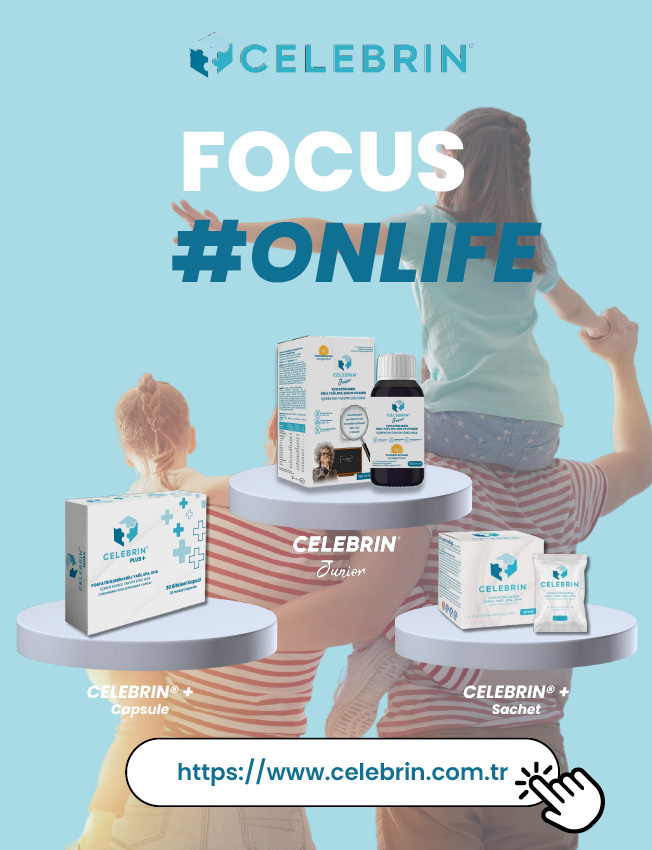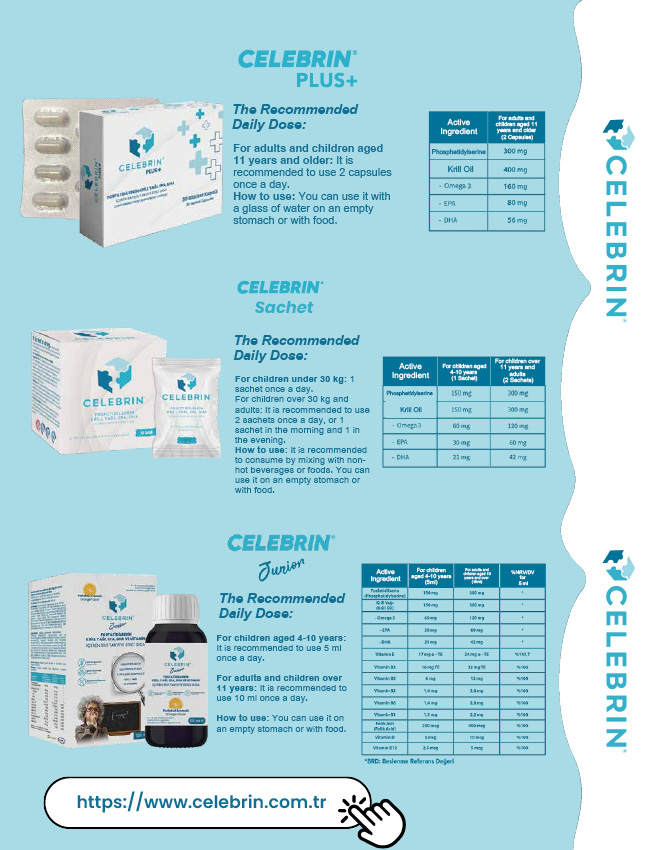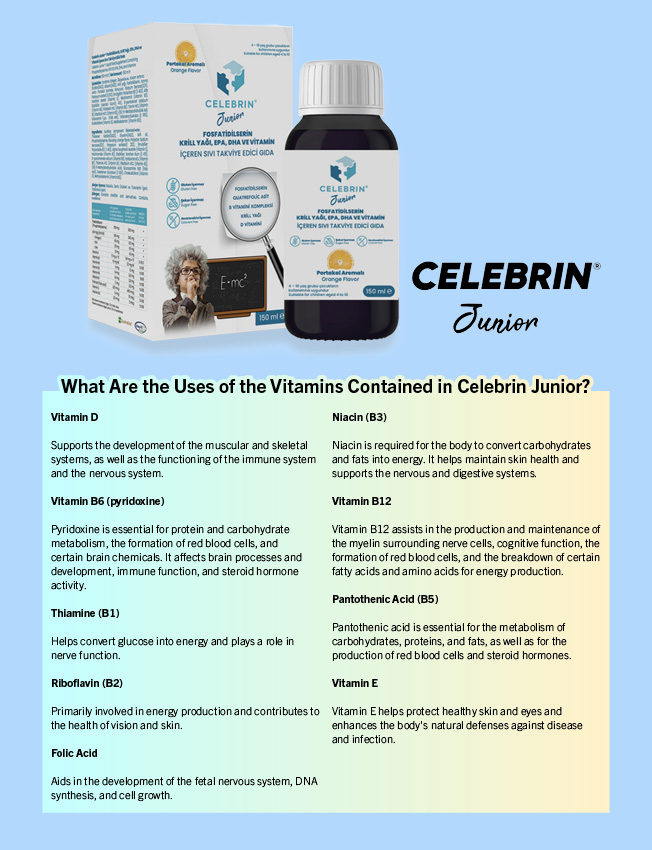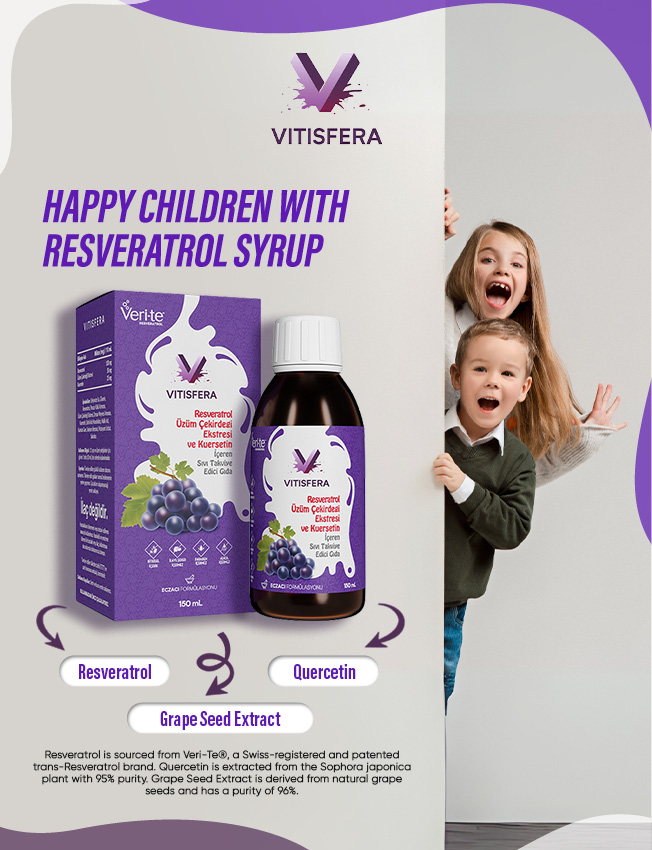Winter Nutrition: The Healing Power of Women’s Health and Longevity
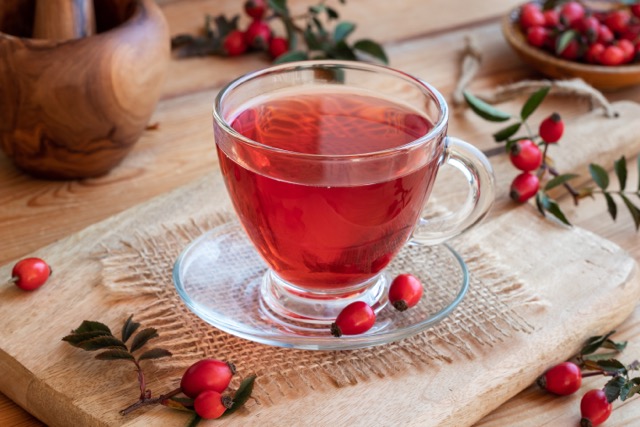
When winter arrives, women’s bodies and minds go through different challenges. Cold air dries the skin, the immune system comes under greater strain, and with the reduction in sunlight, vitamin D deficiency appears. All these changes affect women differently at each stage of life. In this period, proper nutrition is the key to a strong and healthy life at every stage – from skin health to pregnancy, from the growth of school-age children to the bone and heart health of the menopausal period – ensuring both vitality and longevity.
Women’s health shows different needs in every season. Meeting these needs during the winter with the right nutrition increases both physical and mental resilience. From skin beauty to bone health, from hormonal balance to cardiovascular well-being, nutrition plays a critical role at every stage of a woman’s life. The concept of longevity not only addresses the present but also secures the future: a body strengthened with the right nutrients today remains more resilient, balanced, and healthier in later years.
Eat Pomegranate and Orange for Your Skin
The skin is the most visible reflection of women’s health. In winter, cold air and wind disrupt the skin’s natural moisture barrier, causing dryness, cracks, and dullness. At this time, vitamin C-rich foods such as pomegranate, orange, mandarin, and broccoli should be staples on the table. These foods not only strengthen immunity but also increase collagen synthesis in the skin, delaying the formation of wrinkles.
Healthy fats such as olive oil and walnuts support skin hydration from the inside, while antioxidant-rich purple fruits and red carrots help reduce the damage caused by free radicals. In this way, women can maintain their skin health and youthful appearance throughout the winter.
If You Are Pregnant, Eat Spinach, Chard, and Carrots
Pregnancy is one of the periods when a woman’s body feels the most intense need for nutrients. Especially in winter, the need for iron and folic acid increases. Spinach, chard, carrots, and Brussels sprouts are among the most important vegetables that protect the health of both the expectant mother and the baby. Iron plays a vital role in preventing anemia and increasing oxygen transport capacity, while folic acid is critical for the baby’s nervous system development.
In the postpartum period, it is necessary to turn to probiotic foods to support the recovery of the mother’s body, regulate digestion, and increase milk production. Homemade yogurt, kefir, and sauerkraut not only regulate gut health but also strengthen both mother’s and baby’s immunity.
Give Rosehip to Strengthen Children’s Immunity
The immune system of school-age children is more frequently challenged by infections during winter. For this reason, rosehip tea, orange juice, and quince, which are rich in natural vitamin C, are highly effective in protecting children against colds. Small bowls prepared with yogurt, banana, honey, and oats provide both energy and better concentration during the day. Traditional tarhana soup, with its probiotic power, supports children’s gut health and keeps them warm.
In Menopause, Drink Saffron Tea and Eat Fish
During menopause, the decrease in estrogen increases the risk of osteoporosis and heart disease. In this period, vitamin D sources such as salmon, sardines, and eggs must be consumed regularly. Saffron tea helps regulate sleep, while dark chocolate provides additional support for mood balance. Fish dishes combined with arugula and pomegranate salads offer one of the strongest combinations for both heart health and longevity.
Have Pumpkin Soup on Winter Evenings
Pumpkin soup enriched with turmeric and fresh ginger strengthens immunity and eases digestion. Served alongside garlic-seasoned celery and roasted Brussels sprouts, it balances metabolism and supports bone health. This combination not only makes digestion easier but also provides a protective meal for women’s health in the long term.
For Sweet Cravings, Prepare Quince Compote
Sweet cravings in winter can be met with healthier alternatives. Cinnamon-infused quince compote is low in calories, high in fiber, and rich in vitamins. A carrot and ginger cake boosts immunity, while saffron pumpkin dessert balances mood. For children, an orange-clove cake provides both energy and immune support.
Don’t Forget Winter Spices on Your Table
Cinnamon balances blood sugar, turmeric reduces inflammation, and ginger protects against colds with its antiviral effect. During menstruation, linden tea with cinnamon both relieves pain and soothes the mind. Tables enriched with spices not only add flavor but also nourish longevity.
✨ When longevity nutrition is brought to winter tables, it supports not only immunity but also a healthy long life. The miracles of the season become a source of healing for women at every stage of their life cycle.
Longevity Recipe: Celery with Orange, Sweet Potato, and Quince
Ingredients:
– 1 medium celery root (peeled and diced)
– 1 large orange (freshly squeezed juice)
– 1 sweet potato (peeled and diced)
– 1 quince (peeled, seeded, and sliced)
– 1 onion, 1 garlic clove
– 2 tablespoons olive oil
– 1 cup water
– 1 teaspoon brown sugar (optional: honey)
– Salt, black pepper, thyme
– Juice of half a lemon
Preparation:
1. Heat olive oil in a pot. Add the chopped onion and garlic, sauté until golden.
2. Add celery, sweet potato, and quince, and stir for a few minutes to release their aromas.
3. Pour in the orange juice and water. Add sugar, salt, pepper, and thyme. Bring to a boil.
4. Once boiling, reduce the heat and simmer covered for 25–30 minutes until the vegetables are tender.
5. Add lemon juice at the end and let it rest a few minutes before serving.
👉 This longevity recipe, rich in vitamin C, fiber, and antioxidants, strengthens immunity, supports digestion, and contributes to a healthy long life.
“First Love Yourself, Then Lose Weight…”
